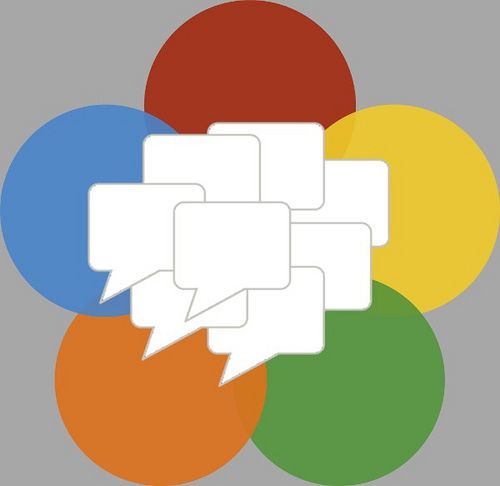
Language Learning Resources
Being bilingual (or even multilingual) comes with a lot of perks. For one thing, you can skip the subtitles when you're watching foreign films in a language that you're familiar with; and for another, it makes communicating while in a foreign country a little bit easier if you can understand what the locals are saying.
The benefits of language learning don't stop there, though. Mastering a different language also has lot of cognitive advantages, including brain stimulation and memory enhancement.
In the academic and professional world, bilingual and multilingual individuals are more favored for scholarships and employment. In fact, international languages have become so important in the academe and the job market that some major universities now require students to take up a certain number of units in foreign languages, while employers are starting to keep an eye out for bilingual applicants.
Moreover, mastering a new language can strengthen you both at an emotional and social level. Communicating without using your native tongue takes you out of your comfort zone and exposes you to different cultures, thus honing your social skills in the process. Sure, it might be weird and embarrassing at first, but once you get it and start to become fluent, you'll get to have an unparalleled sense of accomplishment. There really is nothing like it.
Learning a Foreign Language
If you're considering learning a new language, you need to decide on a number of factors. First and foremost, select the specific language that wish to learn. Obviously, the more attached you are to the particular language, the better. Don't take up a foreign language "just because", as this might drain your drive and motivation. When it comes mastering the language, it's best to think about real-life situations that will allow you to apply your knowledge. Whether you're doing it because you're going to travel to another country or simply because you want to watch international films without the subtitles, it's important to have a defined goal and purpose.
The next thing that you need to decide on is HOW you're going to do it. Learning a new language can be done either by yourself or with the help of a professional. There really isn't a right decision, and your choice will depend on your personality and cognitive habits. Some people may find it easier to teach themselves, while others tend to comprehend better when they have someone to guide them.
However which way you decide to learn, remember to do prior research before diving into foreign seas. If you're doing it yourself, pick up tips and brain exercises to speed up the learning process and make it more effective.
On the other hand, if you're seeking help from a pro, start by looking them up online. Read reviews, find out their background, and talk to them prior to enrollment to see if you're a good fit.
You can also purchase language learning software to help you learn. Again, read reviews first, and try to talk to others that bought such products to determine whether they're right for you.
Resources
Want to get started on language learning? The following resources can give you more information and point you in the right direction:
The Cognitive Benefits of Learning a New Language - Interesting resource page by the American Council on the Teaching of Foreign Language
How to Learn a Language in 90 Days - Blog post at Zen Habits about mastering a foreign language.
How to Learn a Second Language A Forbes article about learning a second language
The Benefits of Learning a New Language - An article from the online encyclopedia of writing systems and languages
How to... Learn a Foreign Language A quick how to article from MindTools.com
How to Learn a Foreign Language - An informative blog post from PickTheBrain.com
How to Learn Any Language in 3 Months - Great language-learning blog post from bestselling author, Tim Ferris (4 Hour Workweek)
Image credit: Tsahi Levent-Levi on Flickr
Categories
- Arts & Entertainment 100
- Automotive 186
- Business & Professional Services 219
- Construction & Contractors 298
- Clothing & Accessories 76
- Community & Government 95
- Computers & Electronics 74
- Education 75
- Food & Dining 86
- Health & Medicine 186
- Legal & Financial 100
- Home & Garden 179
- Industry & Agriculture 105
- Media & Communications 44
- Personal Care & Services 73
- Real Estate 68
- Shopping 74
- Sports & Recreation 87
- Travel & Transportation 102
- Animals & Pets 11
- Arts 9
- Community 9
- Chain 607
- Computers & Internet 8
- Health Care 10
- Communication & Media 7
- Shopping & Retail 10
- Health & Beauty 9
- Education & Schools 8
- Financial & Legal Services 14
- Home & Office 13
- Lawyers & Legal Services 7
- Financial & Services 1
